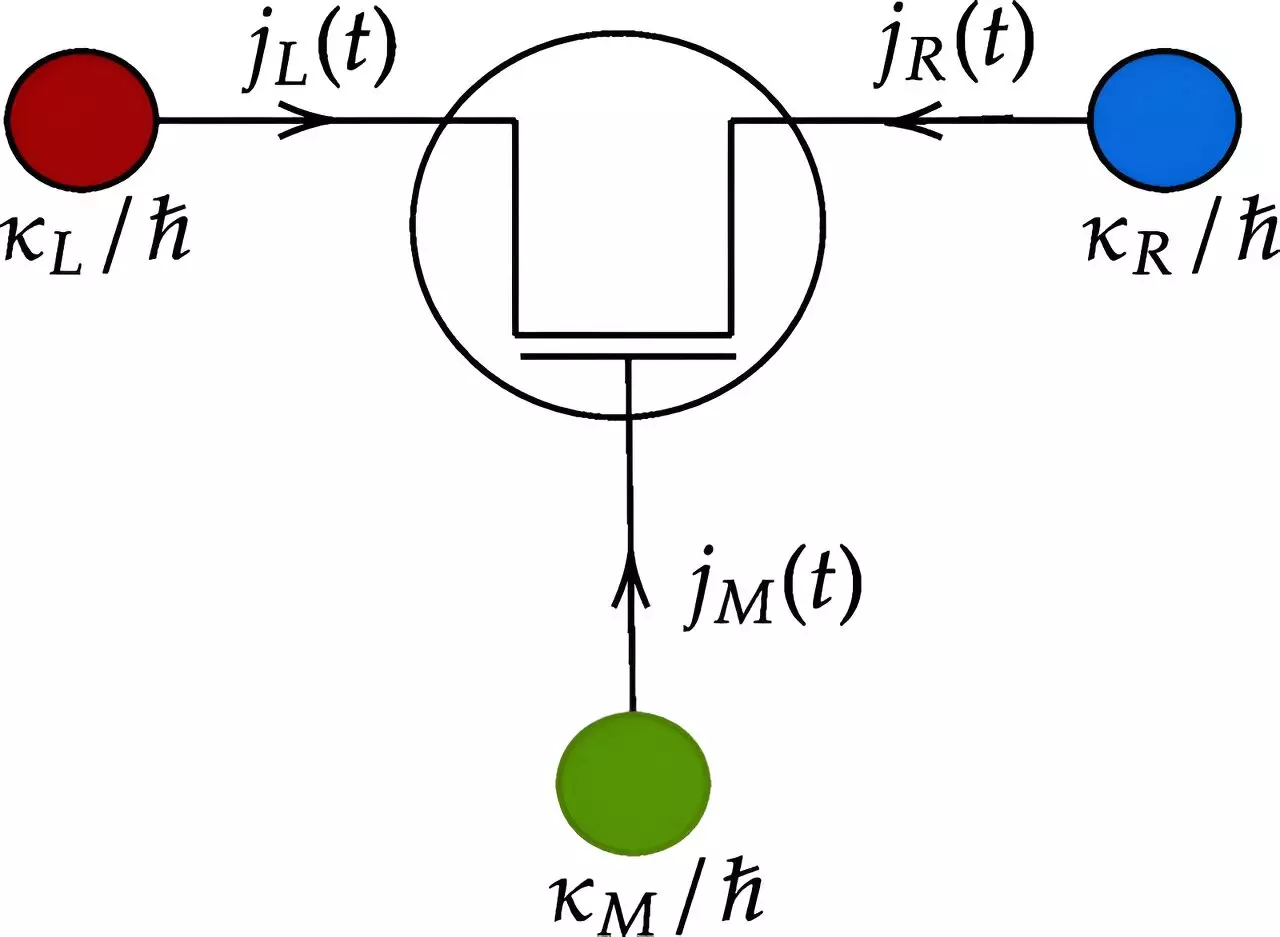The pursuit of energy management breakthroughs has led researchers into the realm of quantum systems and materials. This exciting field has given rise to the development of cutting-edge platforms dedicated to creating quantum thermal machines, opening up new possibilities for harnessing the full potential of quantum technologies in advanced energy solutions. In particular, scientists have turned their attention to pioneering the domain of quantum thermal transistors, sophisticated apparatuses designed for the precise management of heat transfer.
The Challenges of Cooling and Environmental Regulation
Within the intricate landscape of cooling and environmental regulation, a significant challenge arises. The current cooling infrastructures, especially those catering to diverse qubit technologies like quantum computers, pose substantial obstacles, magnifying the need for avant-garde solutions. Quantum measurements and control have emerged as pivotal in designing quantum thermal machines for advanced energy management. These interventions help preserve the inherent quantum properties of devices, preventing their unwanted transition into a classical state caused by environmental interactions, known as decoherence. However, a formidable challenge arises from the potential introduction of noise by measurement probes, demanding innovative solutions.
To address the critical issue of noise introduced by measurement probes, an advanced theoretical framework known as the conditioned quantum thermal transistor has been introduced. This paradigm undergoes continuous monitoring orchestrated by its environmental milieu. By devising an elaborate stochastic noise model mirroring the small-signal model used in classical transistors, researchers gain a deeper understanding of the nuanced dynamics of quantum thermal machines. This systematic approach contributes to the refinement and optimization of quantum thermal machine architectures, pushing the boundaries of energy management.
Unveiling the Dynamic Alterations within Small-Scale Devices
As devices continue to miniaturize, their susceptibility to environmental influences becomes increasingly significant. Intrinsic fluctuations stemming from thermal noise and extraneous perturbations such as measurements and feedback control profoundly impact these small-scale devices. Therefore, preemptively characterizing such stochastic behavior is invaluable, providing a comprehensive understanding of the inherent operational limitations embedded within these devices.
The Journey Towards Maturation
While the maturation of functional quantum thermal transistors remains at a nascent stage, ongoing refinement is necessary. The current publication establishes a pioneering framework, paving the way for future research that aims to study the complex dynamics of these devices when subjected to feedback control through continuous measurements. It is crucial to highlight that quantum feedback exhibits distinct characteristics from its classical electronic counterpart. This necessitates extensive exploration to ensure the seamless integration of quantum feedback mechanisms into thermal transistors, unlocking the potential for innovative and highly efficient heat management systems.
This groundbreaking work is brought to you by a team of dedicated researchers. Uthpala N. Ekanayake, a PhD candidate at Monash University, Australia, has contributed her expertise in electrical and electronic engineering to this project. Under the guidance of Prof. Malin Premaratne, a full professor at Monash University Clayton, Australia, Ekanayake’s deep understanding of quantum device theory, simulation, and design has played a crucial role in advancing this field. Prof. Premaratne’s unique approach harmonizes profound theoretical physics with pragmatic electrical engineering methods, establishing an interdisciplinary nexus between fundamental physics and translational engineering technology.
The integration of quantum technologies in energy solutions holds immense promise for the future. By actively manipulating quantum systems and materials, researchers are pushing the boundaries of energy management and conservation. Quantum thermal machines and their intricate components, such as quantum thermal transistors, offer exciting opportunities for optimizing heat transfer and advancing energy efficiency. As this field continues to evolve, scientists remain committed to surmounting challenges and unlocking the full potential of quantum technologies in energy solutions. Through constant innovation and collaboration, we are poised to create a future powered by quantum energy management that is both sustainable and transformative.
This article is part of the Science X Dialog, where researchers share their findings from published research articles. If you want to learn more about ScienceX Dialog and participate in these discussions, visit our website for more information.


Leave a Reply